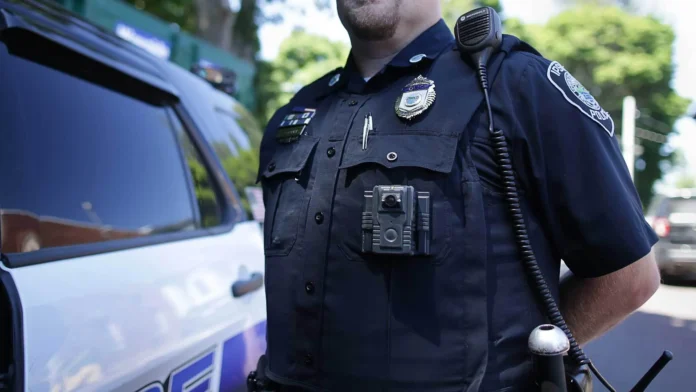
The Supreme Court of Brazil (STF) has ruled that military police officers in São Paulo must wear body cameras during specific operations.
The decision, issued by Justice Luís Roberto Barroso, is aimed at reducing police violence and improving oversight in high-risk situations.
O STF divulgou as regras para o uso de câmera corporal por policiais militares em São Paulo. pic.twitter.com/KvyxUEyypz
— Band Jornalismo (@BandJornalismo) December 27, 2024
What the Ruling Means?
Justice Barroso outlined the circumstances where body cameras are mandatory:
- During large-scale operations to maintain public order.
- In raids on vulnerable communities.
- When responding to attacks against police officers.
The use of cameras will be prioritized in areas with higher rates of police-related deaths.
These devices are meant to enhance accountability in operations with a higher potential for violence.
Logistical Challenges
São Paulo’s military police currently have 10,125 cameras, covering about 52% of the force’s units.
With roughly 80,000 officers, expanding the program to cover all operations poses logistical and financial challenges.
⚠️ ATENÇÃO
A partir de segunda feira (8), policiais do Batalhão de Operações Especiais (BOPE) terão que usar câmera na farda.
A informação é do Secretário de Estado de Polícia Militar, Coronel Luiz Henrique Marinho Pires. pic.twitter.com/3icBEwRRZi
— BAÚ DO RIO OFC (@baudorio) January 3, 2024
The state government argued that requiring cameras for all actions would not be feasible.
Justice Barroso’s ruling addresses this by focusing on high-risk situations and regions where the cameras are already available.
Why It Matters?
The ruling comes amid public concerns about police violence in São Paulo. Recent incidents have heightened calls for greater transparency in law enforcement.
The mandatory use of cameras is expected to provide clear records of police interactions, reducing abuse and building trust between officers and the public.
















